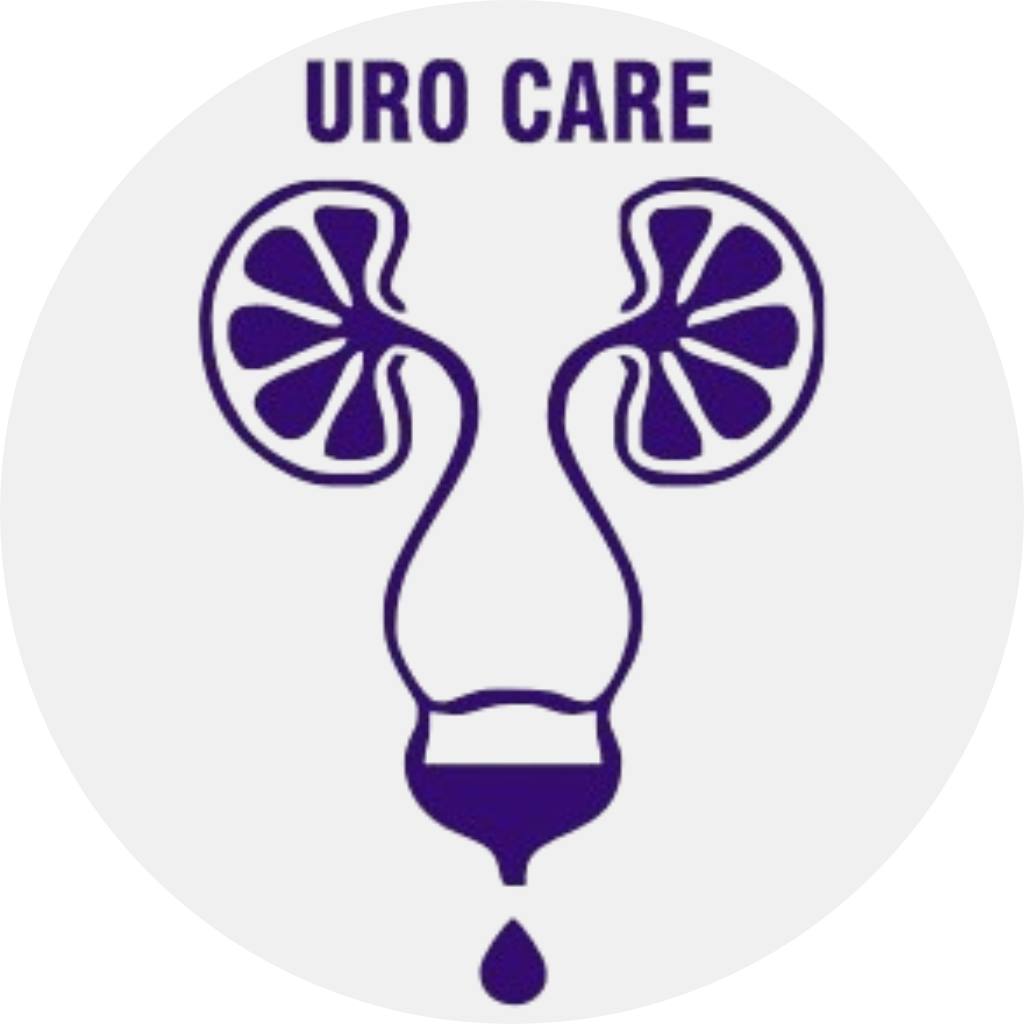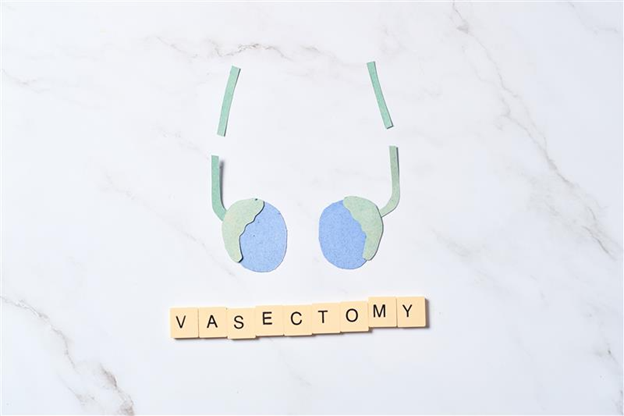Vasectomy is a big word for an important decision. It’s a method that’s becoming more popular for family planning. Many see it as a reliable long-term solution for avoiding unintended pregnancies. But, what exactly is a vasectomy? Why do people choose it? This guide will answer all those questions.
Understanding Vasectomy: Definition and Procedure
So, what is a vasectomy? Basically, it’s a quick procedure done by a doctor, usually in a clinic. Its main purpose? To stop sperm from joining with a woman’s egg, which prevents pregnancy. How does it work? The doctor makes tiny cuts to block or tie off the tubes that carry sperm. It’s a bit like having a permanent stopper or cork in a bottle. So, the sperm can’t mix into the semen that leaves your body. Simple, right?
This procedure is significant because it puts more control in the hands of those who do not wish to have more children. It means taking charge and being responsible about one’s reproductive future. The best part for many is that once done, you usually don’t have to think about birth control again.
Types and Techniques: Choosing the Right Vasectomy
When you’re choosing a vasectomy, it helps to know there are different types. Here are the two main ways:
- Traditional Vasectomy: This uses a scalpel to make small cuts. It’s straightforward and has been around for ages. Some might find it a bit scary with the cutting, but it gets the job done.
- No-Scalpel Vasectomy: Here, no scalpel is involved. The doctor makes a small puncture instead of cutting. It’s less scary for many and might mean quicker healing.
Why choose one over the other? Well, the traditional method is tried and true, while the no-scalpel one is less invasive with possibly less pain afterward. Always chat with a healthcare professional to choose what’s right for you.
UROCARE Hospitals: Your Trusted Partner for Vasectomy
If you’re thinking of where to get this done, look no further than UROCARE Hospitals. They use the latest technologies and offer great care. Each patient gets guidance from start to finish, with personalized care plans. And if you’re curious or worried, their team is there to explain everything in simple terms.
Dispelling Myths: Exposing the Truth About Vasectomies
There are loads of myths about vasectomies. Let’s clear some up:
- Performance Woes? Some think getting a vasectomy might change their performance in bed. Nope, you’ll still be your same old self.
- Impact on Masculinity? People worry about losing their ‘manliness’. Again, there’s no change there.
- Hormonal Changes? No need to worry about mood swings or changes because it doesn’t affect hormones.
You should also know that a vasectomy is quite safe. With the right care, you’ll recover in just a few days. And good news — it doesn’t change how you enjoy your intimate life.
Recovery, Care & Long-term Considerations
Once you’ve had your vasectomy, what’s next?
- Immediate Recovery: Take it easy for a few days. Expect some swelling and slight discomfort. Ice packs are your new best friend.
- Pain Management: Over-the-counter pain meds usually help. If it gets too much, do get in touch with your doctor.
- Activity Restrictions: Skip the gym for a few weeks. Avoid lifting heavy stuff. Your body needs some chill time to heal.
Long-term Considerations:
With a vasectomy, most men face no issues in the long run. However, before deciding, think about these:
- Reversibility: Though some reversals are possible, they’re not always successful. A vasectomy is usually considered permanent.
- Psychological Impact: It’s important to feel okay about your decision. Sometimes, after the procedure, people may feel unexpected emotions.
Finally, choosing a vasectomy is a personal call. It’s about sharing family planning duties and ensuring both partners are on the same page. Chat with family, discuss with doctors, and make the best decision for you.
Getting all the facts can help you make a choice you feel good about, leading you to a happier, more stress-free life regarding family planning. And always remember, at UROCARE Hospitals, you’re not alone. The support and care you need are just a visit away. Ultimately, taking control of your reproductive health is a smart step and a sign of responsibility. So, explore all your options and make the choice best suited for your life goals.


